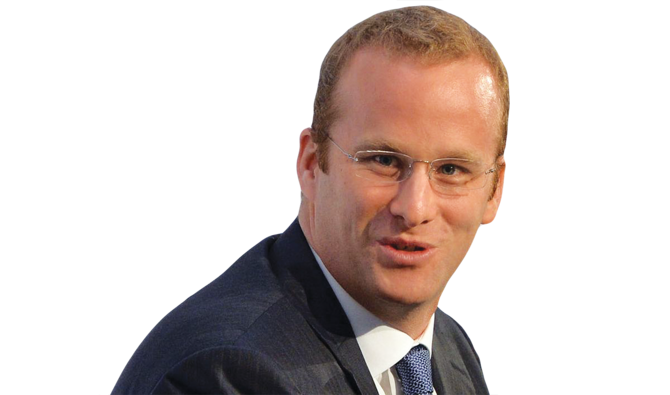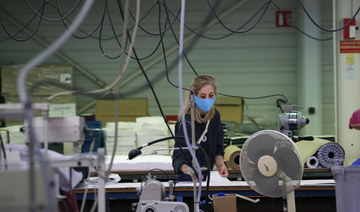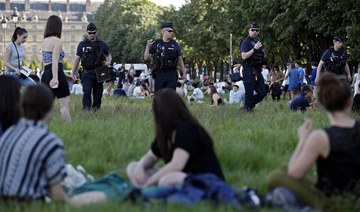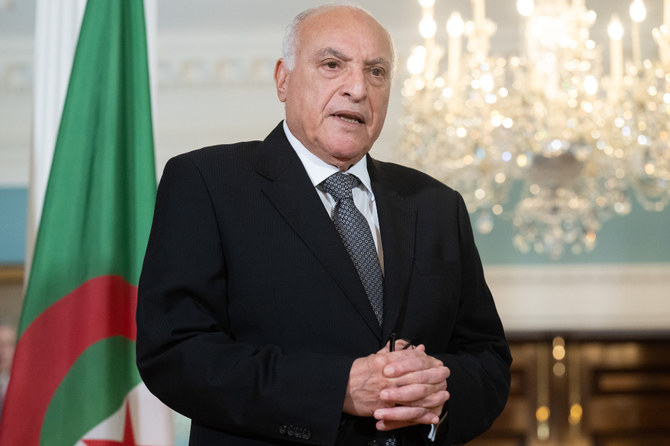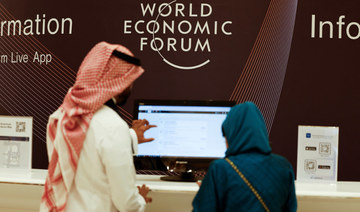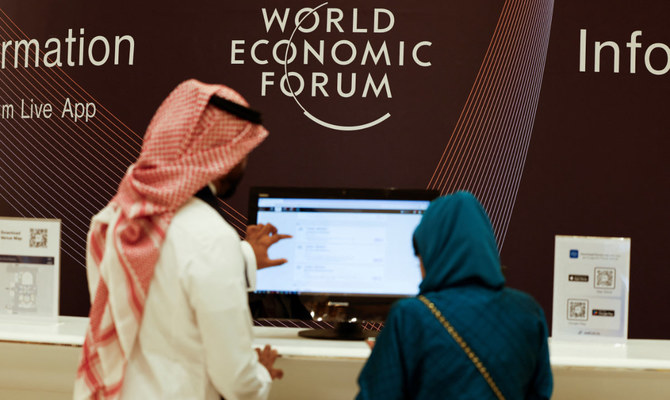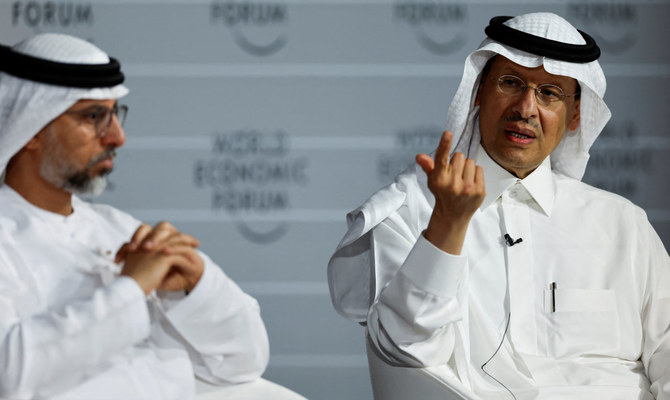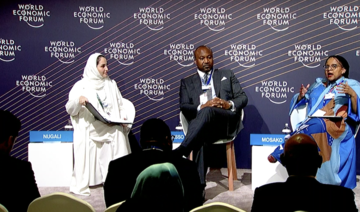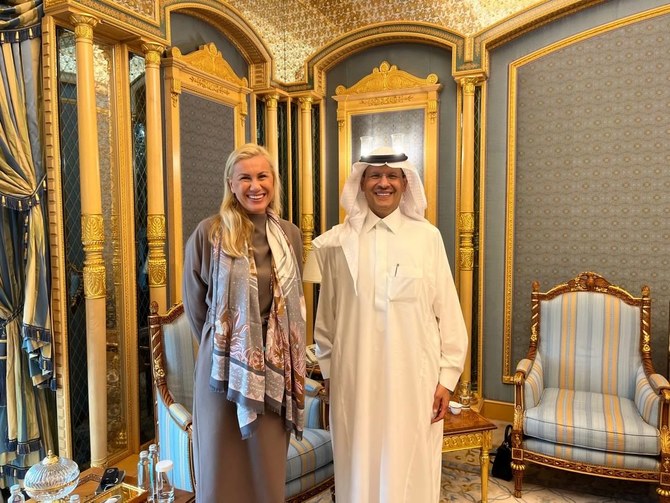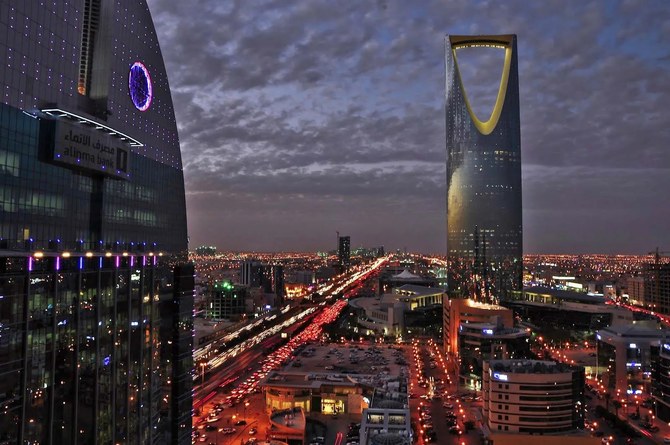LONDON: French trader and specialist oil hedge fund manager Pierre Andurand saw it coming from early February.
His call — and a lucrative one at that — was that there would be a massive slump in oil prices, to the point of unprecedented negative prices for “black gold.”
“There is no limit to the drop in prices ... negative prices are possible,” the founder of Andurand Capital posted to Twitter on April 20.
Hours later the price of a WTI barrel slid into negative territory for the first time, having stood at $60 in New York a few short weeks earlier, dragging Brent crude down in its wake.
Simultaneously, the Andurand Capital fund was reaping returns of more than 150 percent for having correctly second-guessed the market as early as February — before the coronavirus-induced global panic saw air traffic grind to a virtual halt along with much economic activity.
It was a spectacular coup for the former Goldman Sachs trader Andurand, after he made a market bet diametrically opposed to the one most traders had at the start of the year, when conventional wisdom said the oil price would take off.
Bloomberg recently named his firm as one of the top dozen to emerge strongest from the coronavirus crisis, in a study that found three quarters of 1,500 funds assessed had lost money on markets hit by the pandemic.
“When I feel there is a big change in terms of supply and demand I analyze it in detail and I try to quantify its impact on prices,” said Andurand, a 20-year finance veteran.
“Very soon” he became convinced COVID-19 would prove “hard to stop” and that there was “a strong probability of confinement measures the world over.”
The 43-year-old anticipated the chain reaction that broke over the oil market as demand collapsed, leading to giant stock surpluses — catastrophic for producers reduced to paying buyers to take supplies off their hands.
Andurand then bet on prices going back up slightly after output cutbacks.
Andurand Capital manages around $800 million across varying risk levels.
And this year was not the first time that the Frenchman had beaten the house on oil.
He did the same back in the 2008 financial crisis as his newly launched fund pulled off a 209.5-percent gain, followed by another 55 percent the following year.
He also made strong gains in 2014 when oil prices halved.
It was not all plain sailing.
In 2012, months before he would close his first fund, things went sour — as they would again in 2018 and 2019. In those years, Andurand booked losses of between 15 and 20 percent.
The son of civil servants, Andurand, from the southern town of Aix, spent part of his childhood on Reunion Island before returning to mainland France where he swam for his country’s junior squad.
He would later take on two former Olympic swimmers — compatriot Clement Lefert and South Africa’s Cameron van der Burgh — as traders.
Armed with qualifications in applied mathematics and then finance from the HEC international business school in Paris, Andurand says he likes to dabble “a little in everything — finance, macroeconomics, psychology, mathematics, geopolitics.”
Trading is for him akin to “competitive sport — the return replacing the stopwatch.”
By 2000, he would be working for Goldman Sachs in Singapore, moving on first to Bank of America, then Dutch oil trader Vitol in London.
“That worked pretty well when I was young,” he recalls.
Pretty well translates to a rumored $20 million bonus at the age of 27.
By 2007, he felt “sufficiently confident” to branch out on my own” and found his own firm, BlueGold, before launching Andurand Capital in 2010 right, opposite Harrods department store in London’s up-market Knightsbridge district.
He ran the operation from Malta, where he set up home in 2017. He has also set up a US-based risk capital fund financing start-ups.
And he runs his own kickboxing franchise, Glory Sports International staging tournaments and special one-off fights around the world. It is sport that he himself practices.



